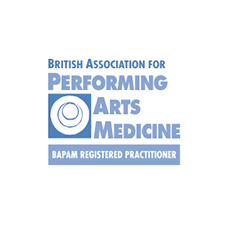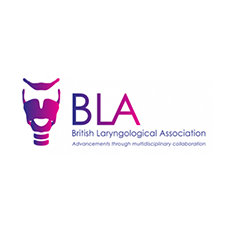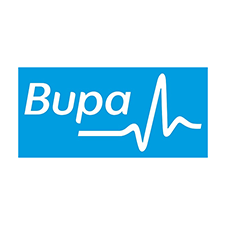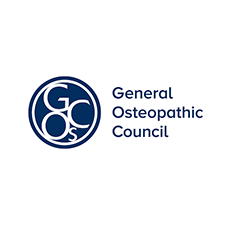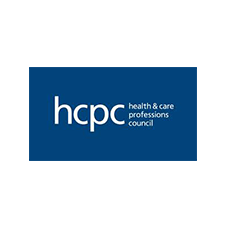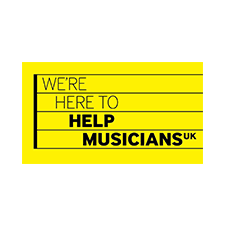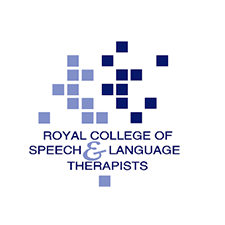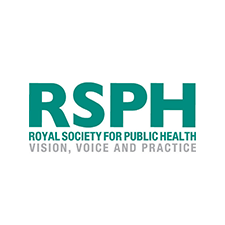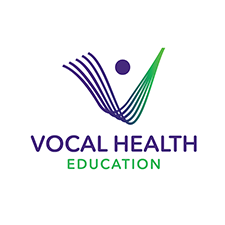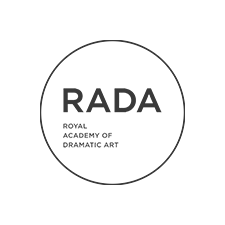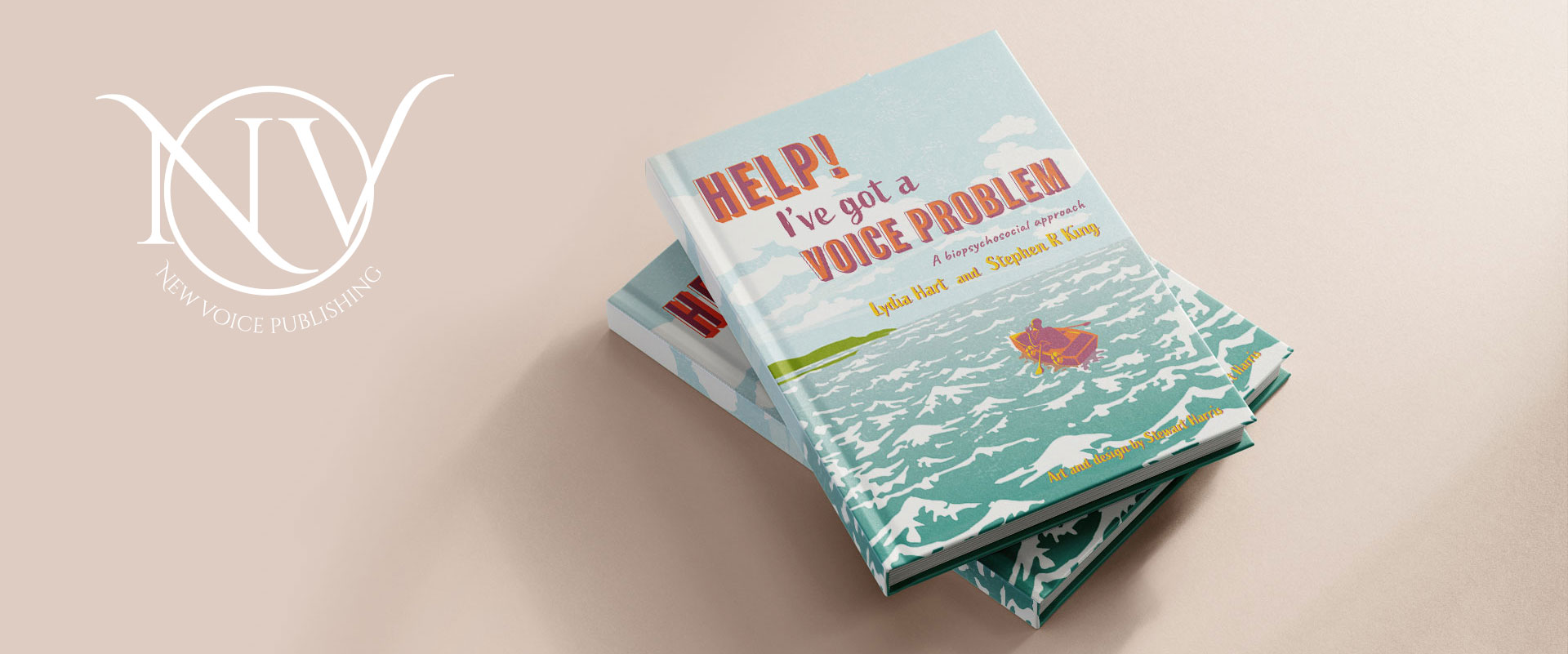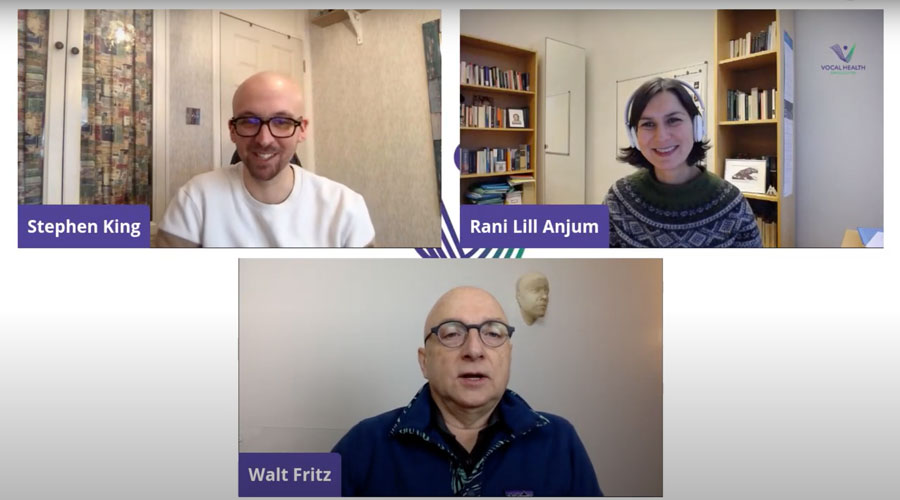VOICE CARE ADVICE
There are 5 things that we at the VOICE CARE CENTRE recommend that you can do that will cause you no harm, and have beneficial effects on your voice. These recommendations will help to provide a routine of voice care, whether you are struggling with your voice, or whether you feel your voice is in peak condition.
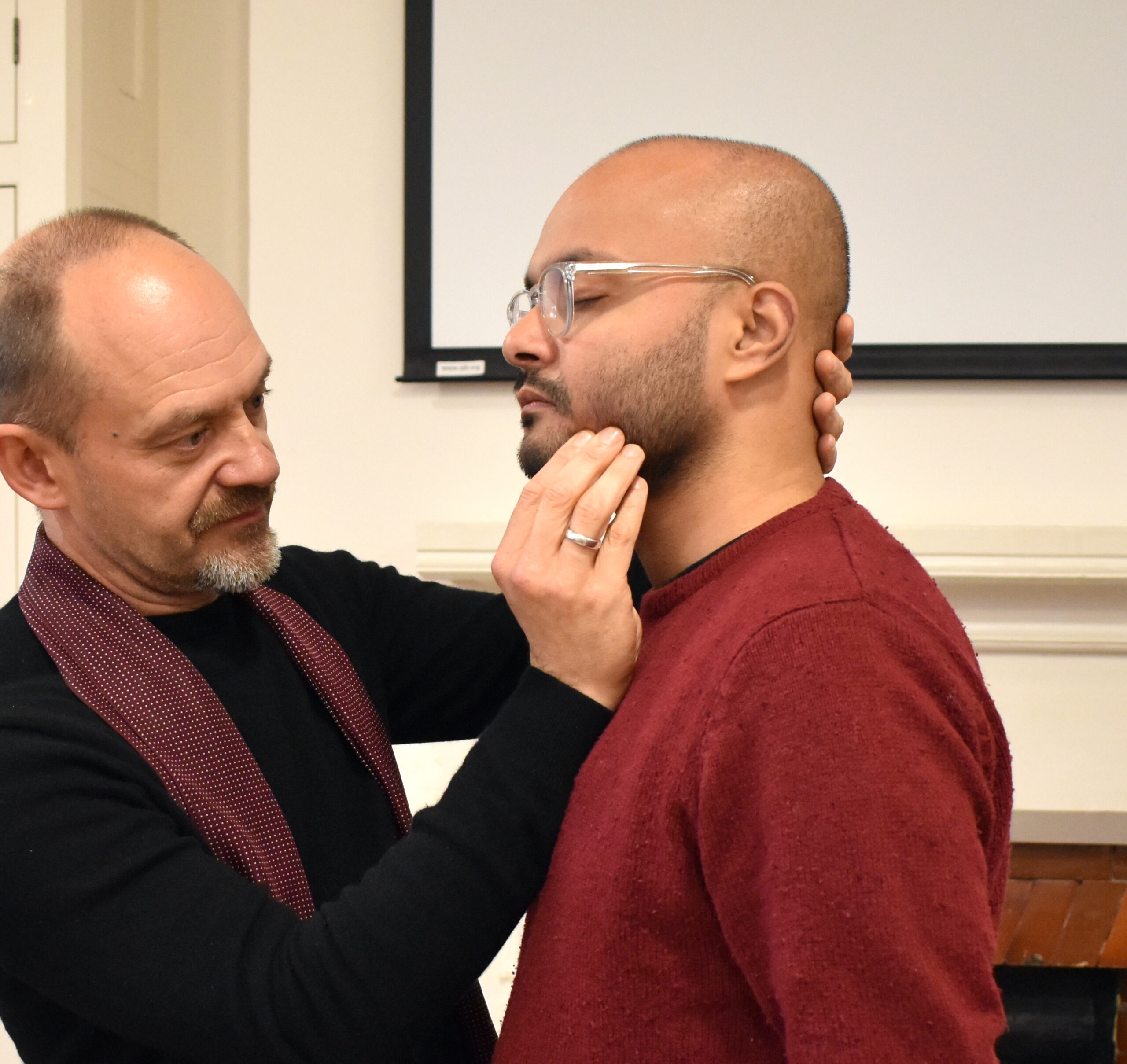
1. Rest your body and your mind
This is particularly important for the person who rushes to complete things, has what they might consider a hectic living/ family situation, or a heavy schedule.
Meditations and finding stillness or mindfulness in everyday actions
Walks in the open air (in nature or a green, leafy environment if possible is best for the Hippocampus)
2. Hydrate your body and your voice
Humans contain a lot of liquid, so staying hydrated can help with pain, muscle tightness, ease of movement, recovery from fatigue, strength and mental health.
Our nutritionist Duncan Rock says “ You should aim to drink around 1ml of liquid per calorie burned”.
3. Movement is Medicine, Motion is Lotion
Gentle puffy cheek, straw or lip trill exercises will help massage and stretch the inside walls of the throat (pharynx) and the vocal cords (sometimes called folds). You should aim to vocalise in both your low, speaking register and your upper, high register (M1 and M2).
Verdolini, a brilliant voice researcher, concluded that SOVT exercises (as listed above) for 5 minutes, 2-3 times a day will help reduce swelling or inflammation on the vocal folds. Our recommended straw is the SOVT straw: With a minimum of 12 variable resistance configurations, the SOVT Straw enables easy rebalancing of air pressure and realignment the vocal folds, whilst also encouraging efficient vocal fold vibration to help singers vocalise with ease, gain vocal power without straining, and recover tired and fatigued voices. (Use the discount code VCC20 for 20% off your order!)
Don’t only keep vocally fit, but keep physically fit, and moving too. Remember, your voice is in your body, not the other way around, and so getting your blood pumping and maintaining your physical fitness is incredibly beneficial to all of your bodily functions.
REGAINING VOCAL STAMINA: Thoughts from our Vocal Rehabilitation Coach, Dr Jenevora Williams.
⠀⠀⠀⠀⠀⠀⠀⠀⠀
What do we mean when we talk about lack of stamina? We use muscles that contribute to vocal production all day, everyday.
⠀⠀⠀⠀⠀⠀⠀⠀⠀
What we are talking about with stamina are the muscles that are used for the EXTREMES, like singing higher notes.
⠀⠀⠀⠀⠀⠀⠀⠀⠀
Those muscles need to be gently coaxed back into use. It doesn’t help to be frustrated, panicky or anxious. We need to be gentle and start slow.
⠀⠀⠀⠀⠀⠀⠀⠀⠀
Five minutes is enough to start! Do something else and come back to your practice. It doesn’t need to be huge and extreme to start.
⠀⠀⠀⠀⠀⠀⠀⠀⠀
Try some hums or buzzes in a low-medium pitch range and gradually (emphasising GRADUALLY here) increase.
⠀⠀⠀⠀⠀⠀⠀⠀⠀
Rome wasn’t built in a day and neither is your voice, so be calm and kind with yourself as you ease in and familiarise yourself with more extreme vocalisations.
⠀⠀⠀⠀⠀⠀⠀⠀⠀
PS Remember that practice doesn’t always need to be vocalising. Reading about the voice, CPD, and working your music theory skills all count towards beneficial practice.
Our American colleagues have established a very helpful list for when you are actually using medicine, to find out the side effects it may have on your voice.
4. Become a mindful voice user
Your voice is the organ of your soul, and you have a duty of care to yourself. You must feel empowered to say “no” or “this is the last time I can do it today” in order to best protect and maintain your instrument. Voice rest is important for healing and recovery, and we know that taking frequent mini-breaks is more helpful than less frequent but longer rest periods. Allow your vocal energy battery to recharge as often as you can during the day.
You should also consider whether eating, drinking or smoking habits best serve your voice in terms of reflux, allergies, burning and motor impedance.
5. Warm Up and Cool Down
Warming up for 2-5 minutes with gentle, low pressure exercises that work your entire range help engage, wake up and prepare the voice for use. It is important to warm up for the task/s ahead, considering genre and laryngeal configurations can be a key factor in vocal longevity.
Cooling down is often forgotten about, and it is as important (if not more important) than warming up. The aim of a vocal cool down is to reset your voice to a comfortable, easy speaking range, which can be achieved by gentle, low humming and soft creaking.
Our book can help with the confusion of a voice problem
“What’s wrong with my voice?”
“Why does my throat hurt?”
“What should I be doing?”
Our voices are a huge part of our identity. Having a problem with your voice can be scary, affecting your work and social life, and even how you feel about yourself.
This book will help you to understand why this can happen, and what recovery could look like.
A first point of call for anyone experiencing vocal dysfunction. Clear, concise and empowering.’ — Chris Chung, actor
Red Flags
If you are experiencing hoarseness or dysphonia with your voice for more than 3 weeks, the NHS recommends that you should consider booking in with your GP to assess your condition, and take a further look at what might be going on. This is particularly important if you are, or have been, a smoker.
If you are a singer experiencing a change in timbre or ease, then this could be due to a number of biopsychosocial factors, and rarely a cancer or neurological ‘red flag’. A ‘red flag’ is a biomedical diagnostic term for a symptom of a potentially life threatening condition, which is why it is incredibly important to rule out serious ‘red flags’ as early as possible in your journey. Our extensive Initial Assessment process is essential for the safety and efficacy of the multidisciplinary plan. In the 30-45 minute Initial Assessment appointment you will be asked about your physical, mental and social health, you will also be undergo systemic health screening questions.
If any red, or yellow flags arise, you will be immediately referred to either your General Practitioner or our recommended Surgeon.
I’m clear of red flags, what next?
As we are a living, breathing human being we are subject to biological, psychological and sociological interactions with the world. Human beings are complex (not machine -like) and each person we see at the Voice Care Centre is a rich, multi dimensional tapestry of your experiences, biases and knowledge.
In our philosophy led healthcare, we are not just looking to optimise your dysfunction, we are looking to optimise your life. This is why we put you at the centre of the journey, rather than your dysfunction or disease. This is the patient centred model.
In this video (in partnership with CauseHealth and Vocal Health Education) Stephen King talks with leading Manual Therapy education Walt Fritz, PT and Medical Philosopher Dr Rani Lill Anjum who has committed her life to exploring causation in medicine.
They explore Complexity in healthcare, and start to look at you as a fully rounded being rather than a set of symptoms and evidence base.
Throat Pain
We can have pain for many reasons, and sometimes the cause of the onset of pain is unclear. This seminar aims to provide a framework through which you can help someone who has had the ‘all clear’ from ENT.
Posture and pain do not correlate, as posture’s history with prejudice is clearly defined.
From the 1600’s, the philosophy of “posture” (once a construct for that of military use) was championing uniformity, and now is being challenged in all its forms by functional, pain and medical science. Posture’s chequered evolution sees a marination of racial, classist and political striations, forming a complex psychosocial ‘problem’ which acted to segregate “us” from “them”. Is it time we acknowledged this?
Stephen King, our founder, has been reviewing the current evidence in the world of pain science both in a philosophical and a biomechanical context now for three years, and we have decanted the information into a 90 minute seminar which is available from our education page.
What are the key takeaways about pain?
- Pain is subjective, and that is not to be underestimated
- There is a difference between pain and nociception* meaning there can be no such thing as ‘good pain’
- Managing pain conditions might be as empowering as ‘fixing’ the pain, but in a totally different way
- Pain is a biopsychosocial construct which must take into account the history of how we might perceive pain in others including the narratives of pain socially inherited from our primary carers
- Pain is different to suffering
*we cover what nociception is in the seminar - Structural abnormalities do not correlate to pain.
What is the Biopsychosocial model?
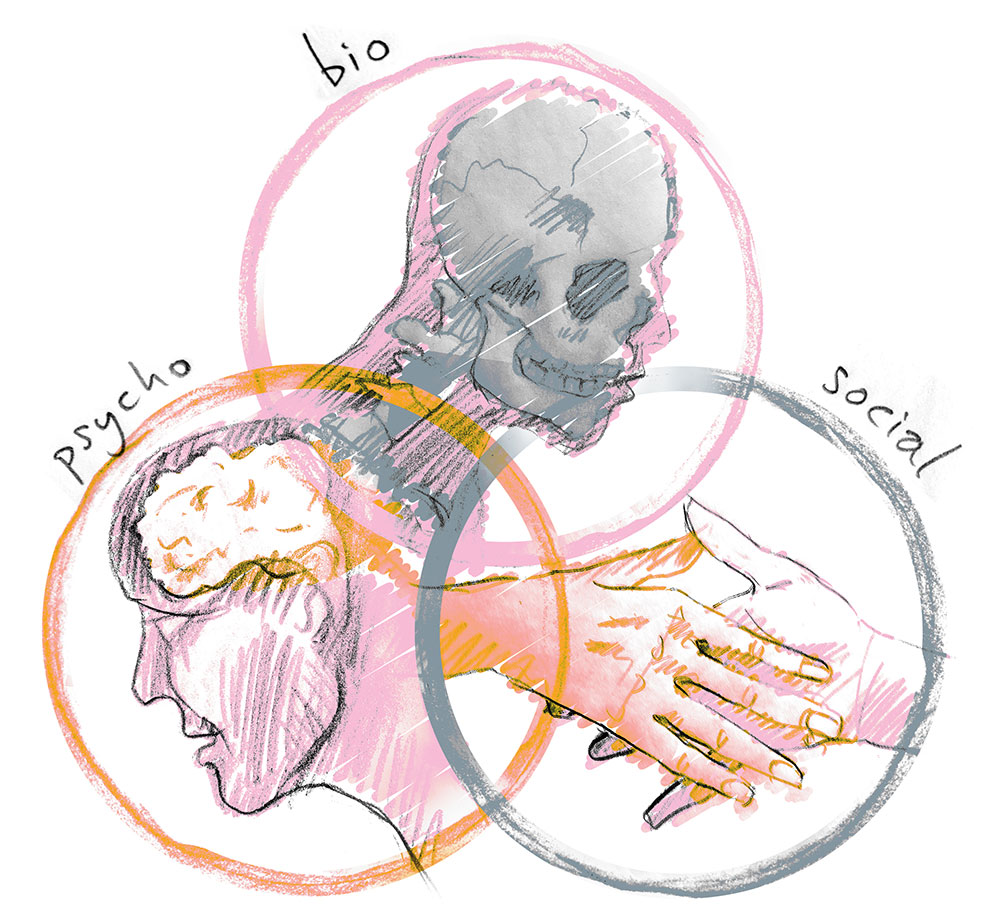
In 1977, George Engel conceptualised that by considering more than just a biomedical viewpoint, and include psychological and sociological factors into the transformation of a dysfunction, we may work deeper and with greater efficacy.
Bio (physiological understanding of pathology)
Psycho (mental health, feelings, emotions, self narratives, stress tanks and coping mechanisms)
Social (work or environmental factors, family circumstances, friendship groups, living arrangements)
At the VOICE CARE CENTRE, we are equipped to manage and improve the biopsychosocial factors which make up your whole human condition.
What is a Chronic Condition?
Chronos is Latin for time, which is where we get the name of a chronic condition. A chronic condition means; a condition that has manifested itself over a length of time (usually more than 6-8 weeks), rather than an acute incident like stepping on Lego or banging your shin.
Pain is really strange, and you as a human being are subject to not only biological factors, but psychological and sociological factors that make up wellness or disease. We are socially conditioned to thinking of the body like a machine. This expands to our laymen understanding of things like joint surgery. It’s somewhat easier to perceive a knee arthroscopy or scraping excess tissue out of a joint rather than the dynamic and complex interplay of chemicals in a pharmacological intervention. The scalpel is far more comprehendible than a re-examination of our relationship with wellbeing.
Because of this social conditioning, we may feel the same about pain in regards to simplicity with a cause and effect. The reality may be far more complex than; “I bashed my knee and there is pain in my knee”… because sometimes chronic conditions can seemingly happen without any cause. Take for example, bending down to tie your shoelace one morning, and feeling your entire back seize up, something which unfortunately lasts for months. Was it the act of tying the shoelace, or was the bending down simply a tipping point for a stressful morning, where you were late to work, the kids were sick, and your partner having a difficult week?
How do you work with Me if I’m at a Chronic stage of my condition?
Social conditioning may lead us to believe that chronic pain should be rested and medicated, but the current base of the pain literature evidence suggests that “movement is medicine” rather than “rest is best”.
We are looking to get you moving again, and moving in a way where you feel empowered to make decisions free from the fears of your condition.
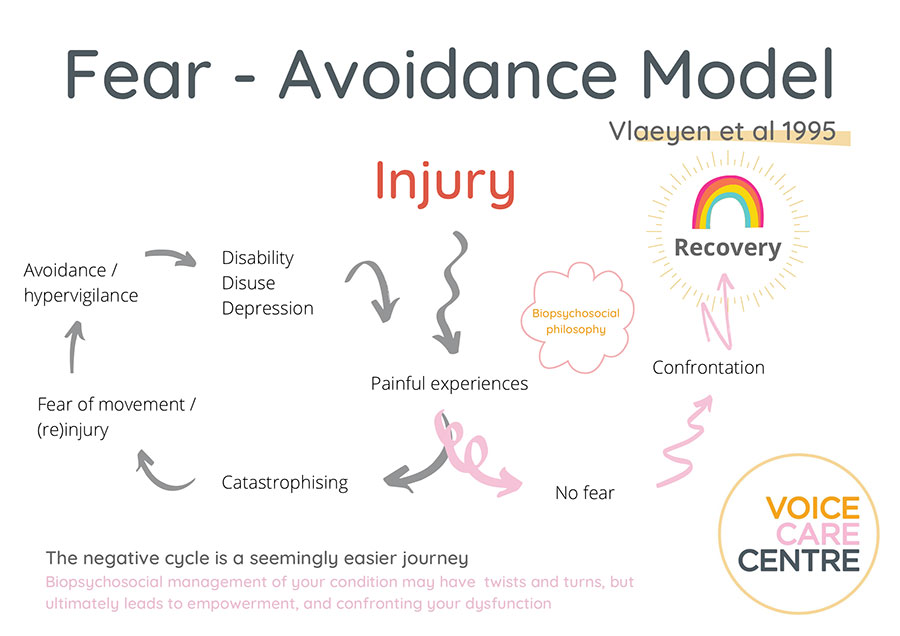
How do I know I’m ready to begin a treatment plan?
There are a few different considerations when undergoing a treatment plan.
- Am I ready to invest the time and be open to change the current organisation of my body, voice and mind?
- Can I financially commit to this right now?
- Do I believe my body ready for this journey?
If you feel like you can fully commit to going on this journey, then you are ready. If you are not quite sure what the answers are to the questions above, why not bring your concerns to your initial assessment?
Your Initial
Assessment
If you have never booked with us before then you may wish to book your Initial Assessment. In the initial assessment, you will be triaged among our brilliant team of holistic and medical voice practitioners who will tailor a plan to get you to where you want to be.
The team members and associates at the Voice Care Centre are honoured to be members of these regulatory bodies and associations
